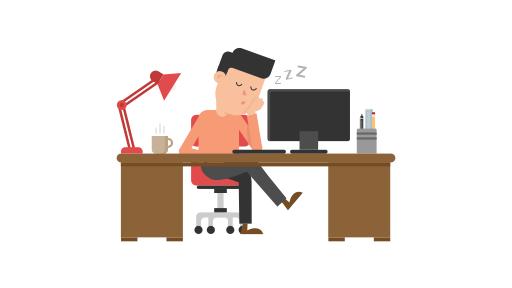If you are Apple’s Tim Cook selling a watch that needs to be more relevant to be “worth” a $400 price tag and that reminds you to get up and walk around every hour, the answer is yes. Now before we call this Silicon Valley hype, remember that even a blind squirrel can find a nut and a recent paper on the topic would lead you to believe that sitting is responsible for 370 deaths per 100,000 – in comparison, the National Cancer Institute indicates there are 164 deaths per 100,000 from cancer annually. For those of us unable to purchase an Apple Watch, even one, that extends our lifetimes by reminding us not to sit, there is another solution, a corporate favorite, the standing desk.
What does the data say?
Before looking at the latest paper, let’s consider the meta-analysis that it provided the association between sitting and dying. [1] Six studies, involving about 600,000 patients with 29,162 deaths among mainly female, middle-aged or older adults living in high-income countries. Using predominantly surveys of activity, they found a dose-response – for every hour between 3 to 7 hours of sitting a 2% increase in mortality, and for every hour over 7, a 5% increase. As you might expect, other physical activity “partly attenuates the deleterious associations between total sitting time and all-cause mortality, especially in those in the highest sitting time category.” But concerning the evolving meme of sitting as the new cancer, it is important to note that they found “…no evidence of higher mortality risk per 1-hour increment of sitting at daily total sitting times 0-3 and >3-7 h/day.”
This bring us to the article that quantifies the meme published in 2016 in the American Journal of Preventative Medicine [2]. Undeterred by the original investigator's findings that sitting resulted in no greater mortality for the typical (and perhaps vanishing) workday, these researchers plugged those numbers into data on how many hours people sit in 54 countries obtained from sampling 1000 individuals per country. While sitting varies by country, the mean sitting time was 4.7 hours ranging from 4.2 to 6.7 hours when categorized by regions. (This is one time the US was not #1. [3]) None of these hours increased mortality, the paper they cited already said that. What to do?
MathMagic
Using a statistical technique, called population attributable fraction (PAF), all the other variables that might impact mortality, like diabetes or heart disease or living in a war-ravaged country, were removed leaving only sitting. The PAF showed a mean decrease in life expectancy of 0.23 years. Put another way, sitting for more than 3 hours a day resulted in dying 11 weeks earlier than you might. (I often told my patients not to be concerned because those last few weeks were probably going to crappy anyway.) The decreased life expectancy needed to sound more crucial, so the authors reframed with another calculation, projecting 433,000 deaths in the roughly 1.2 billion people found in the 54 countries; 370 deaths/100,000. And with those numbers a meme was born, sitting is the new cancer.
Cochrane’s review [4]
Tim Cook wanted us to know that the alarm from your Apple Watch could get you moving where we sit the most, at work. The standing desk has been offered as another solution because you are not sitting. I do not believe standing and sitting vary that much in exertion or energy expenditure, so I am not sure how this increase our physical activity. The Cochrane group has done a meta-analysis of these workplace solutions. They considered 20 studies, involving 2174 participants in high-income countries, including 13 randomized control studies, 4 case-controlled studies and three studies randomized on patient clusters or groups. They found that the research was poorly designed and had few participants. Standing desks did result in 30-120 minutes less standing. For walking during breaks, the health feature of the Apple watch's alarm, in two studies of 443 individuals walking breaks did not affect sitting times at all.
The take-home – MathMagic creates numbers that sound important, but have no clinical significance. And despite this, numbers can become memes that take on their own lives. An older scientist summed up the situation best, “A body at rest will remain at rest unless acted upon by an outside force.” Neither the Apple watch or the standing desk provides that outside force.
[1]Daily Sitting Time and All-Cause Mortality: A Meta-Analysis Plos One DOI: 10.1371/journal.pone.0080000
[2] All-Cause Mortality Attributable to Sitting Time Analysis of 54 Countries Worldwide American Journal of Preventative Medicine DOI: 10.1016/j.amepre.2016.01.022
[3] Lebanon with 11.6 hours of daily sitting was the winner, followed by the Netherlands, Denmark, Greece, Czech Republic, Australia, Malaysia, Cyprus, Belgium, and Sweden round out the lazy top 10.
[4] Workplace interventions for reducing sitting time at work




